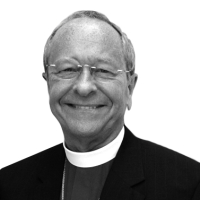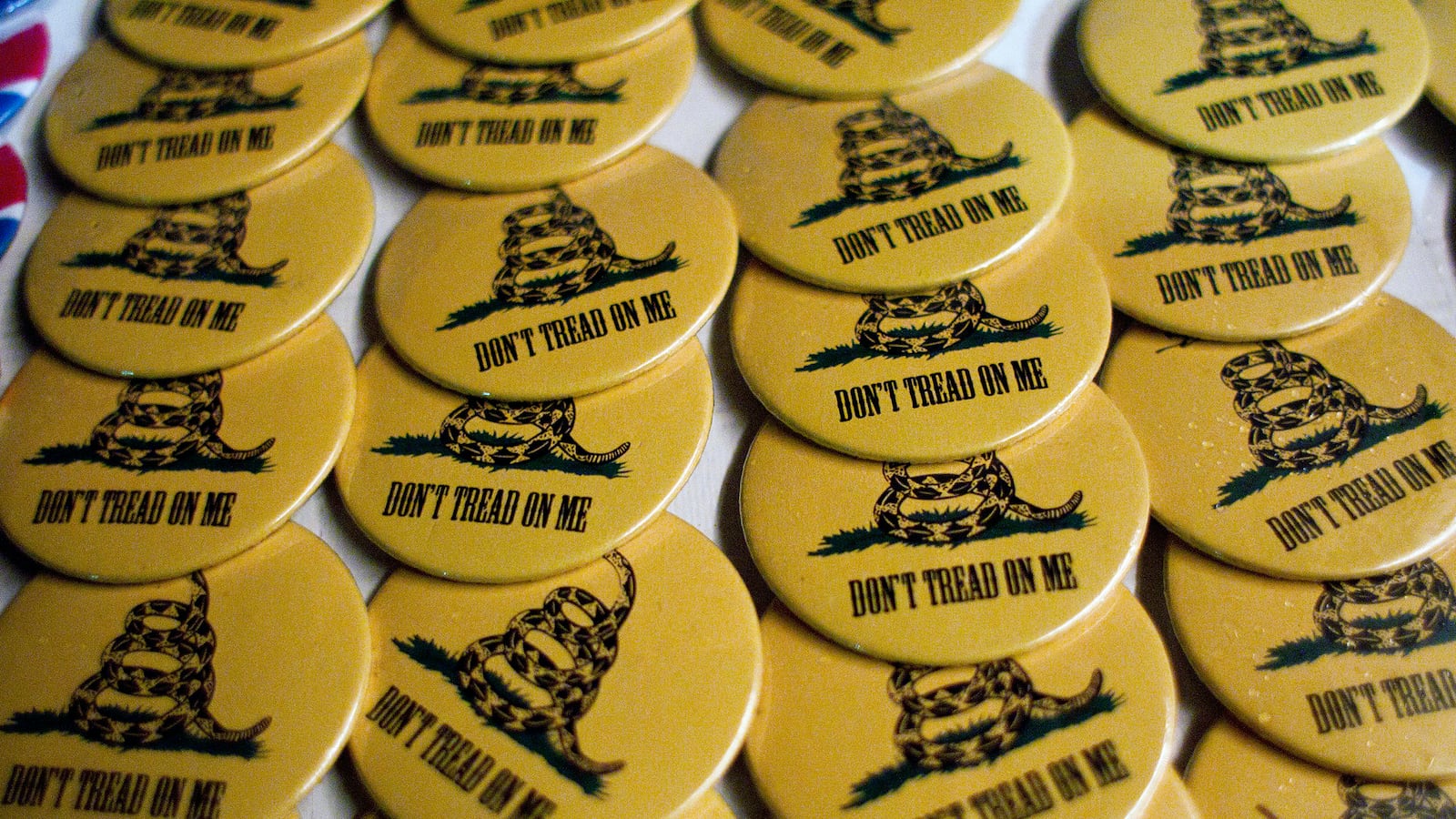Not long ago, I preached a Lenten sermon in which I made a lone reference to food stamps as being one of the ways we “love our neighbors as ourselves.” Judging from the reactions of a few congregants, you might have thought it was all I preached about. They went out of their way to tell me how such programs “breed” complacency, laziness, and—wait for it—dependency.
It reminded me of Rep. Paul Ryan, who’s always carrying on about America’s “culture of dependency,” and just realized a major budget proposal that would slash food stamps and other government measures that relieve the misery of the poorest Americans.
When did “dependence” become such a dirty word? We list our children on our income tax forms as “dependents” without stigmatizing them by such a designation. So why does “dependent” become an accusation when applied to other people’s children when they are in need of food stamp (SNAP) assistance, a free-school-lunch program, or housing assistance to rescue them from being homeless? Why is it wrong for someone blind, disabled, or elderly and frail to be “dependent” upon the society in which he or she lives for the basic necessities, when it is impossible for that person to provide for themselves?
And besides, it’s far from clear that a “culture of dependency” is what America has—in fact, we have something like the opposite. Independence may well be the modern day Golden Calf to which far too many of us bow down and worship. Independence is bound up in our national identity, both personal and corporate. After all, next to our Constitution, it is the Declaration of Independence to which we most often appeal. The rugged individualism which in many ways helped make our nation what it is may also be what is causing us to lose our sense of the common good
The establishment of a social safety net is the most profoundly religious action a government can take. An underlying principle of the Judeo-Christian faith—indeed of most faith communities—is that God will judge humankind by the way we care for the most vulnerable in our midst. Think of all the people in the world we generally revere: Dr. Martin Luther King, Jr., Gandhi, Clara Barton, Nelson Mandela, Dorothy Day, Albert Schweitzer, Dag Hammarskjold, Mother Teresa. All of them, in one way or another, reached out to the poor, the disenfranchised, and the marginalized, seeking to ease their pain and help bear their burdens.
When a government sets out to seek the common good, it realizes that there will be some among us who are less able to meet all their needs, chief among them housing, food and safety. And it’s not just a few of us who find ourselves in need at some point: as Mark Rank wrote on the New York Times’ Opinionator, “nearly 40 percent of Americans between the ages of 25 and 60 will experience at least one year below the official poverty line during that period ($23,492 for a family of four), and 54 percent will spend a year in poverty or near poverty (below 150 percent of the poverty line).”
Are there undeserving, even fraudulent people receiving welfare/food/housing assistance? Undoubtedly. But as a citizen of this great nation, I am willing to fund the undeserving few who slip by unnoticed and game the system, in order to provide for the many who are truly in need. Many of our national and state legislators seem to want to use the excuse of the undeserving few to gut the social safety net altogether, and by so doing, punish the many who are in real need.
In fact, most of the people who avail themselves of the government’s (in other words, our) social safety net are indeed dependent. Some of them will remain so: children (45 percent), the disabled, and the elderly (20 percent). Many more will remain so until we get serious about offering them the kind of assistance which might lift them out of poverty, like raising the minimum wage.
In 2012, 47 percent of people who received food stamp assistance were in families where at least one person was working. These so-called “working poor” are not lying around in Paul Ryan’s imagined hammock of ease, living off others’ hard work and generally having a grand time of it. They are working one or more jobs, and because of part-time work or low wages and extreme needs, are still not able to provide adequate food and shelter for themselves and their families. Politicians who claim to be “helping” poor people by depriving them of aid are either ignorant or cruel.
For Christians are called to care for our neighbors. Telling the Good Samaritan story, Jesus teaches that all people are our neighbors. And as for a few “getting away with murder,” Jesus reminds his followers that it rains on the just and the unjust alike, and that God will sort it all out in the end. Jews, Muslims, Christians, and followers of nearly every religion believe in helping those in need. So do most humanists and atheists. We are called to respect the dignity of every human being. And yet, we witness professed Christians like Paul Ryan putting forward budgets that would eviscerate our common safety net.
It’s time religious people stood up and laid claim to their desire and responsibility to care for the poor. It’s time to withdraw the stigma and condemnation from those who by necessity must be “dependent” on the rest of us. It should be our joy to serve them.
The Right Reverend V. Gene Robinson is a Senior Fellow at the Center for American Progress, Washington, DC, and the retired IX Episcopal Bishop of New Hampshire. Follow him on Twitter @BishopGRobinson.





